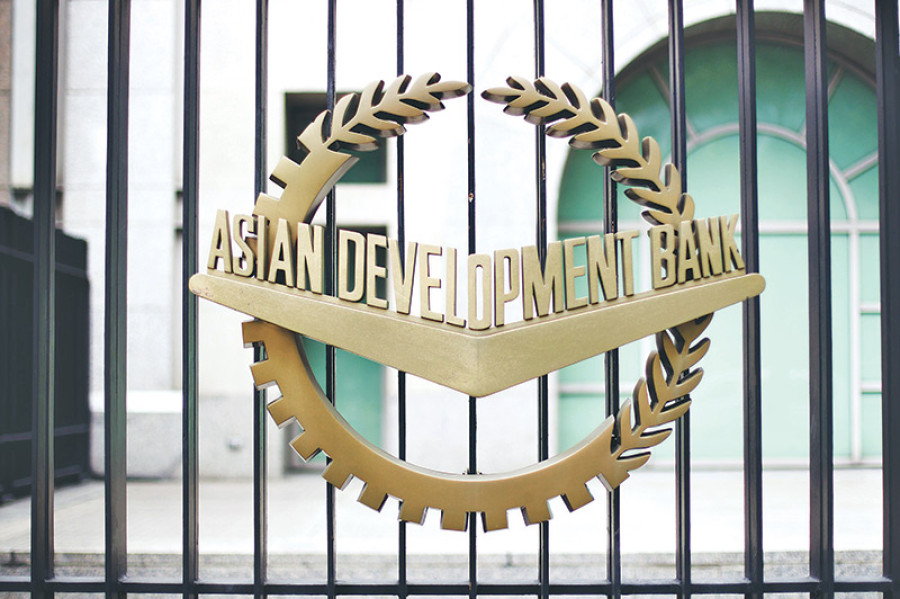Money
ADB meet ends, pledge to support poor countries
The 50th annual meeting of the Asian Development Bank (ADB) concluded in the Japanese city of Yokohama on Sunday expressing commitment to support poor countries in the region, bridge income inequality, lift social development and help nations mobilise resources to fund infrastructure projects.
The 50th annual meeting of the Asian Development Bank (ADB) concluded in the Japanese city of Yokohama on Sunday expressing commitment to support poor countries in the region, bridge income inequality, lift social development and help nations mobilise resources to fund infrastructure projects.
During the four-day meeting, over 5,000 participants from Asia and across the world, including finance ministers, central bank governors, senior government officials, business executives, academics and representatives from the civil society, praised Asia’s rapid economic growth over the last half a century while highlighting problems related to poverty, income inequality, aging, and climate change in the region.
The participants discussed the role the ADB should play in the future to address these issues.
Nepal was represented in the meeting by a delegation led by Finance Minister Krishna Bahadur Mahara.
He was accompanied by Finance Secretary Shanta Raj Subedi and Baikuntha Aryal, head of the International Economic Cooperation Coordination Division at the Ministry of Finance.
“Growing inequalities are a major concern for many countries in Asia,” ADB President Takehiko Nakao told the concluding press conference on Sunday.
“We will enhance our support to address this problem and deepen inclusiveness.” The ADB has also expressed commitment to play a key role in mobilising resources to bridge the infrastructure gap in the region.
A latest ADB report has said Asia needs to mobilise $1.7 trillion per year through 2030 to build energy, transport, communications, and water supply projects so as to support economic growth.
“Countries in Asia, excluding China, will have to spend 5 percent of the gross domestic product on average per year to build these projects, of which around 2 percent should come from the government and another 3 percent from the private sector,” Nakao said.
“The ADB will help countries to mobilise these financial resources, make use of high-level technology to build these infrastructure projects, and expand guarantee operations, equity investments and cofinancing.”
The ADB extended loans and grants worth $17.5 billion to countries in Asia and the Pacific till last year. It is planning to raise the financial support to $20 billion by 2020. It is also planning to increase private-sector operations to 25 percent of the regular grants and loans by 2020.
“In particular, we intend to expand such operations in poorer countries,” Nakao said, adding, “We will also help countries to raise access to concessional resources to address climate change and increase support for universal health coverage, technical and vocational education and, social protection.”
The next ADB annual meeting will be held in the Filipino capital of Manila May 3-6, 2018.




 9.89°C Kathmandu
9.89°C Kathmandu














